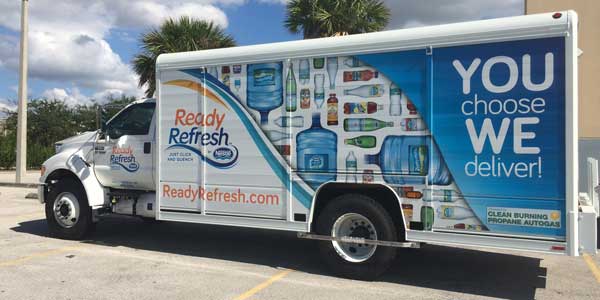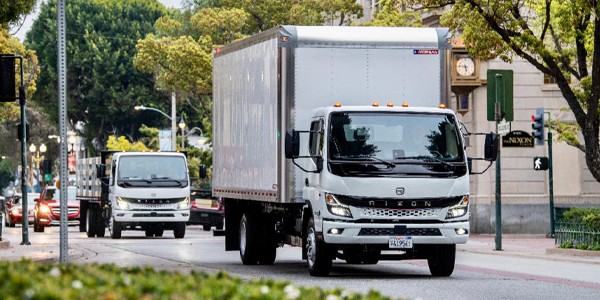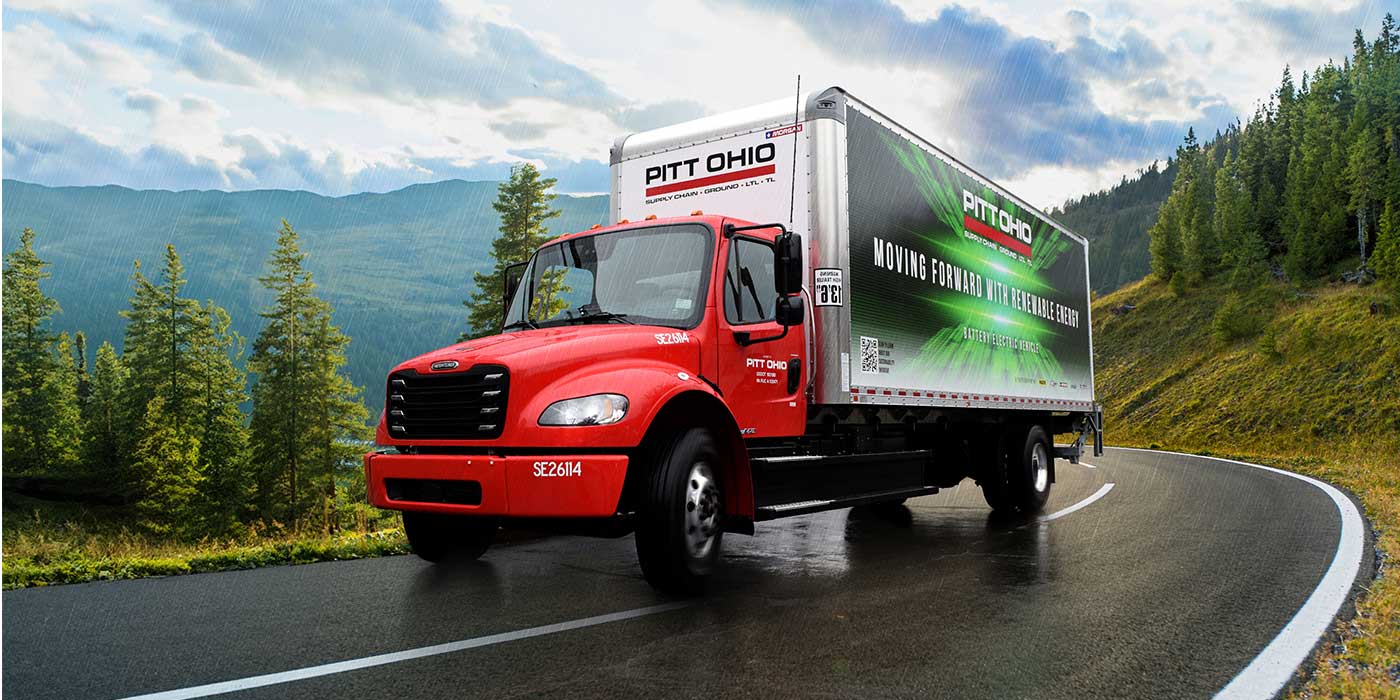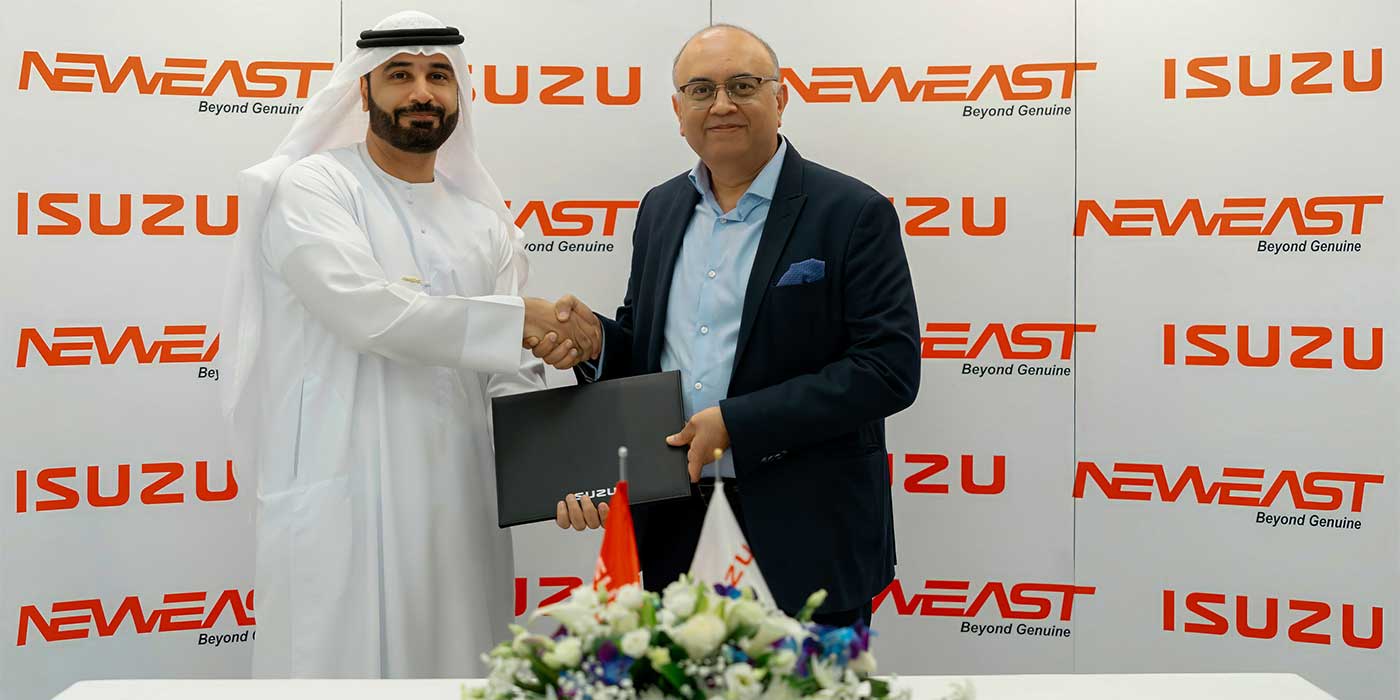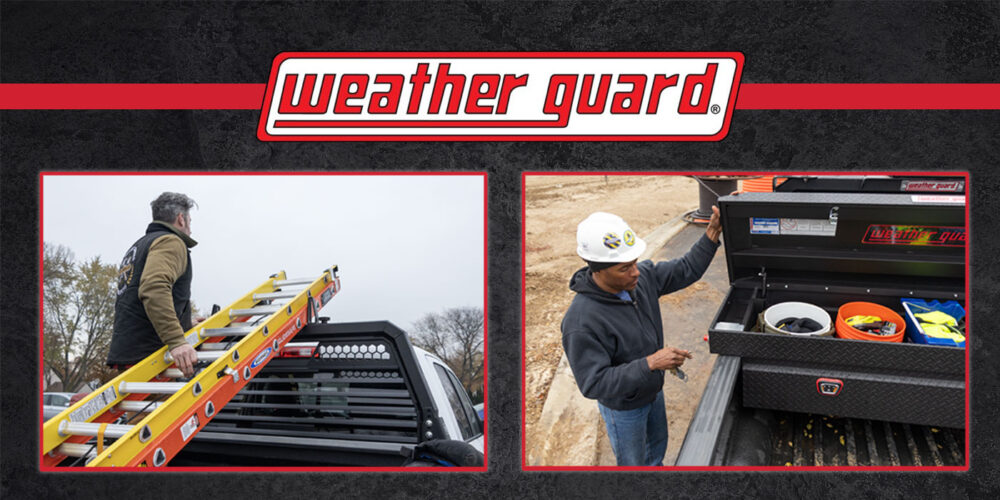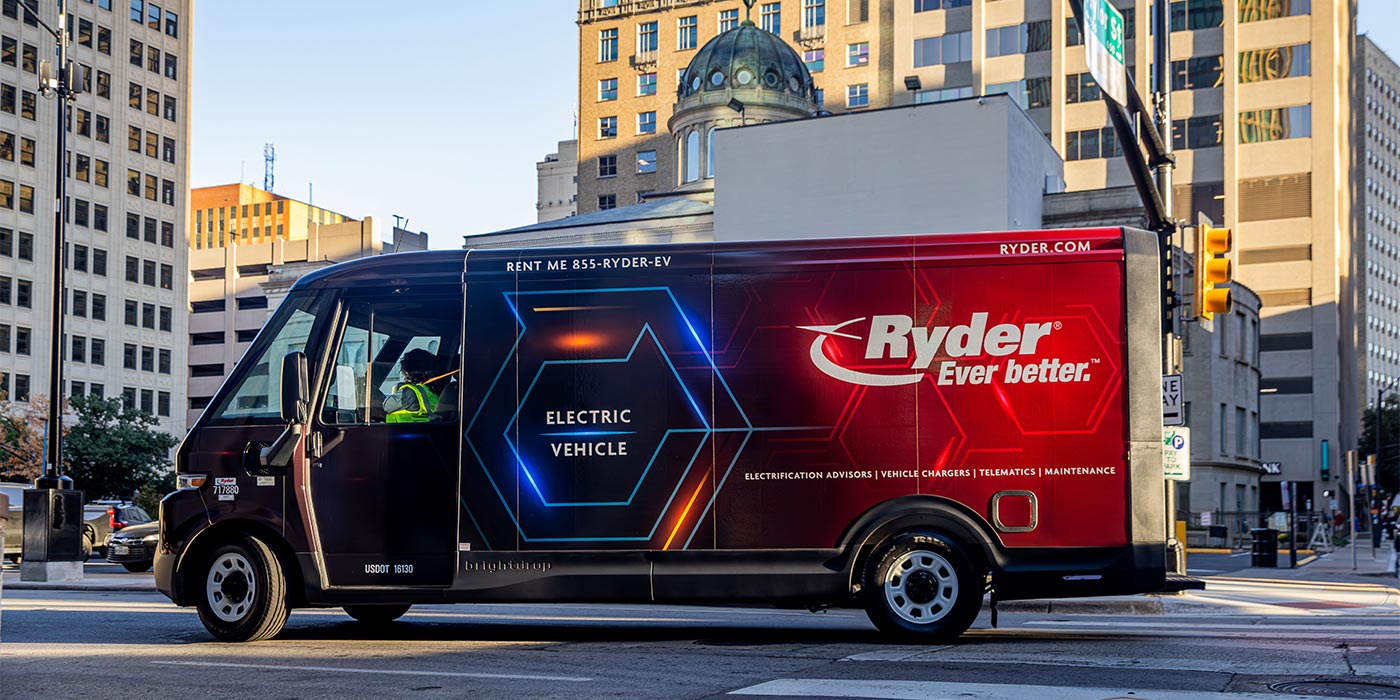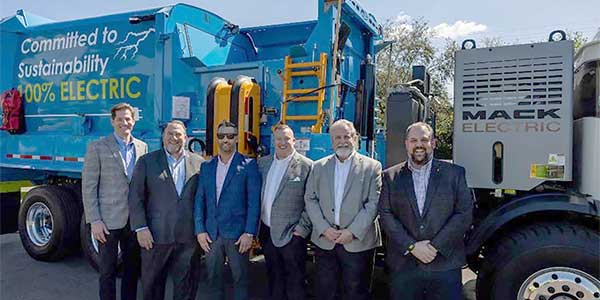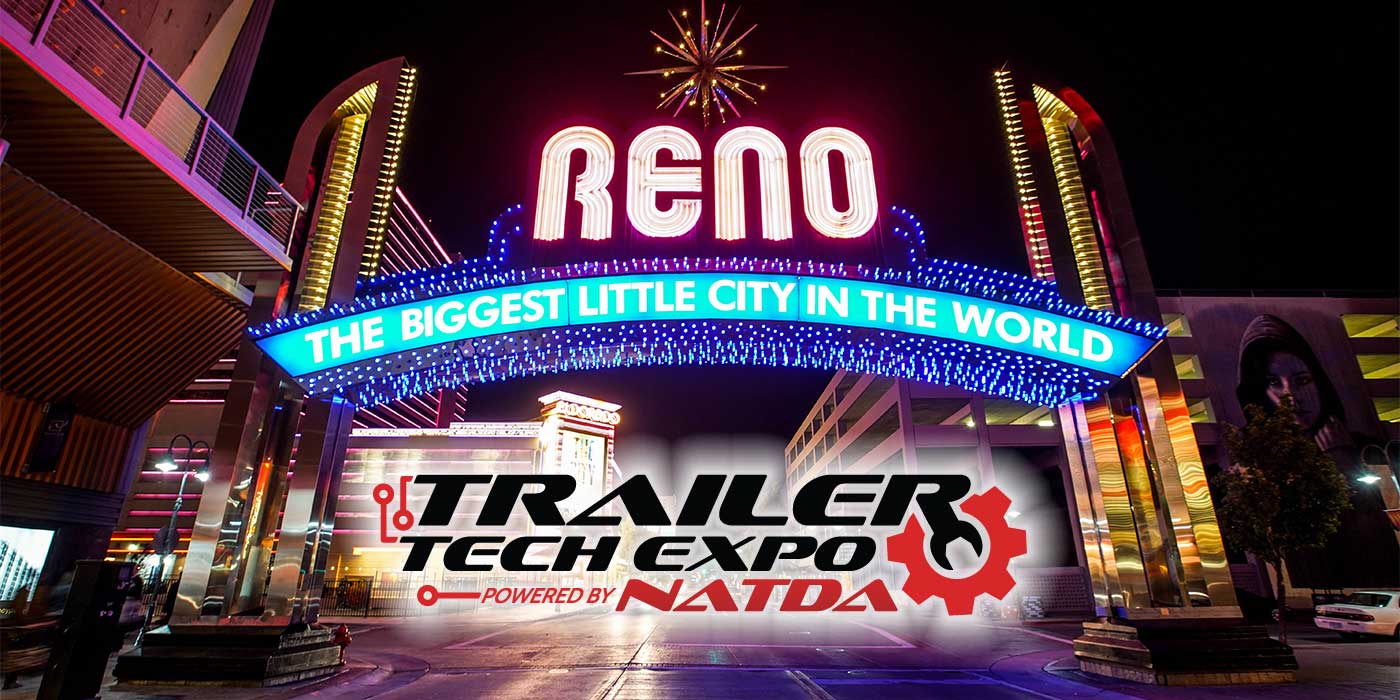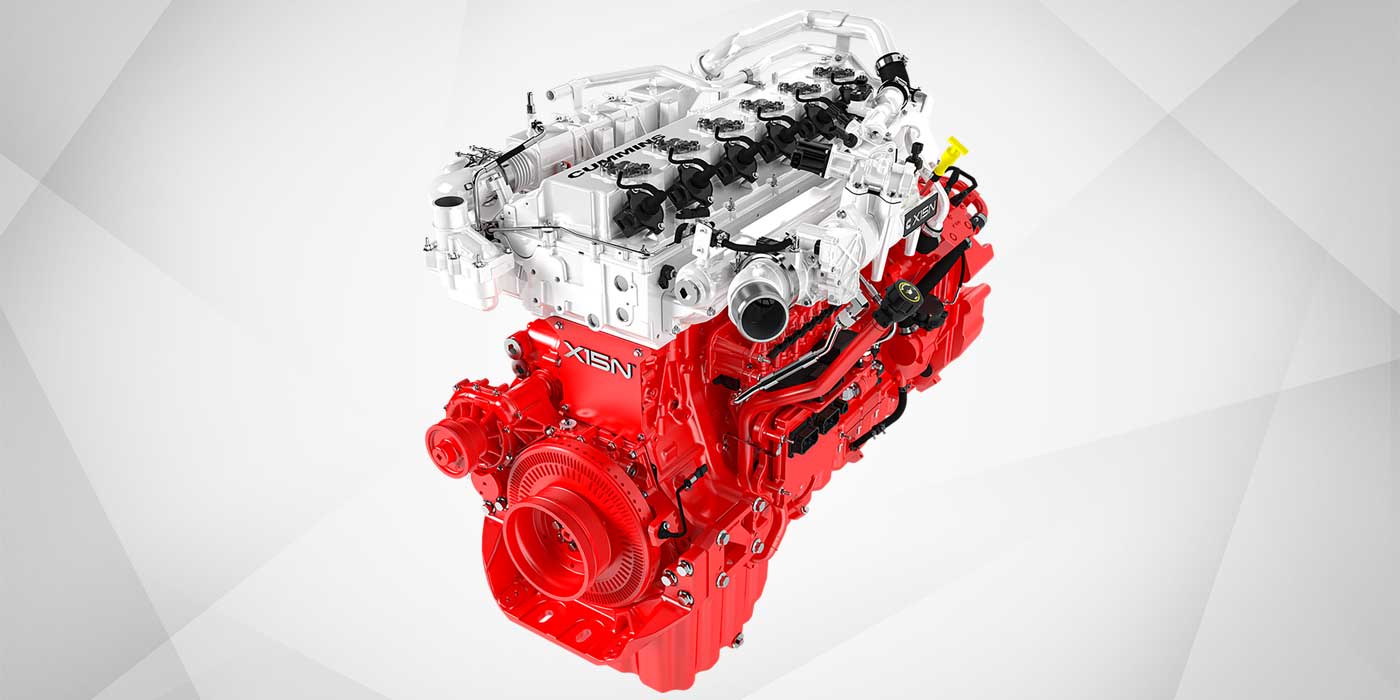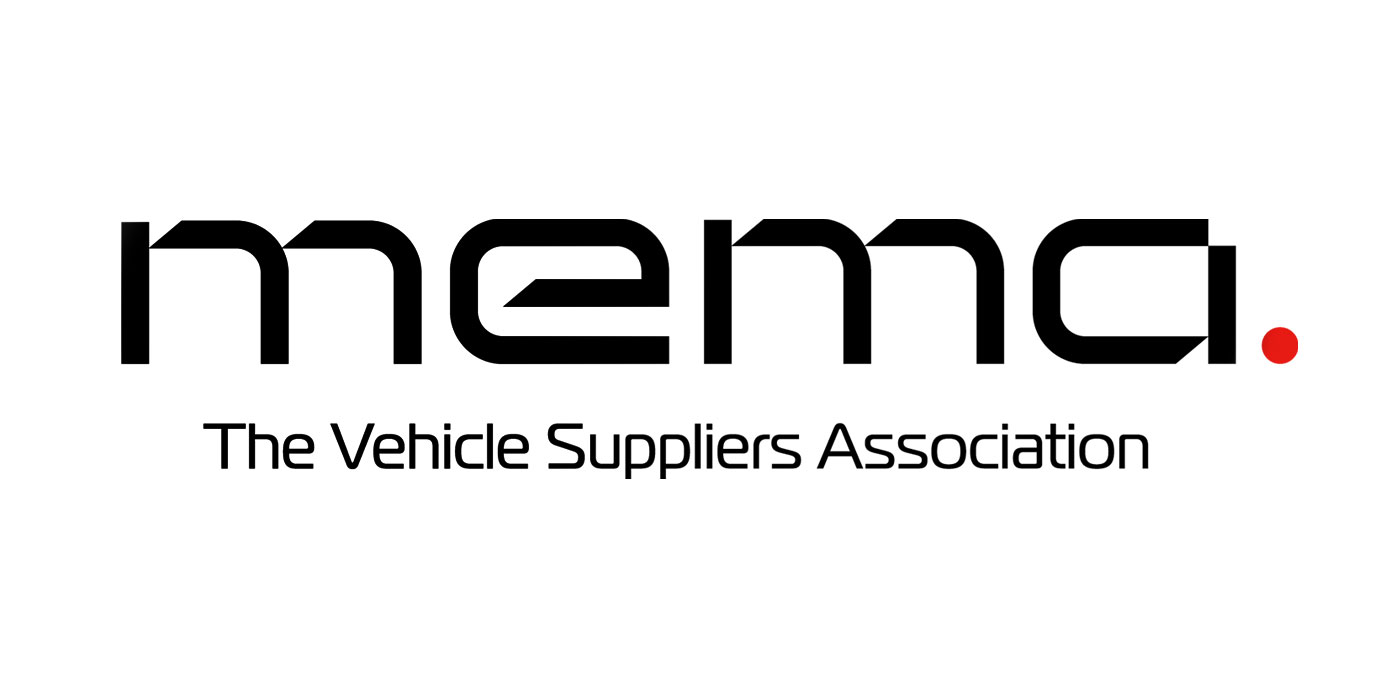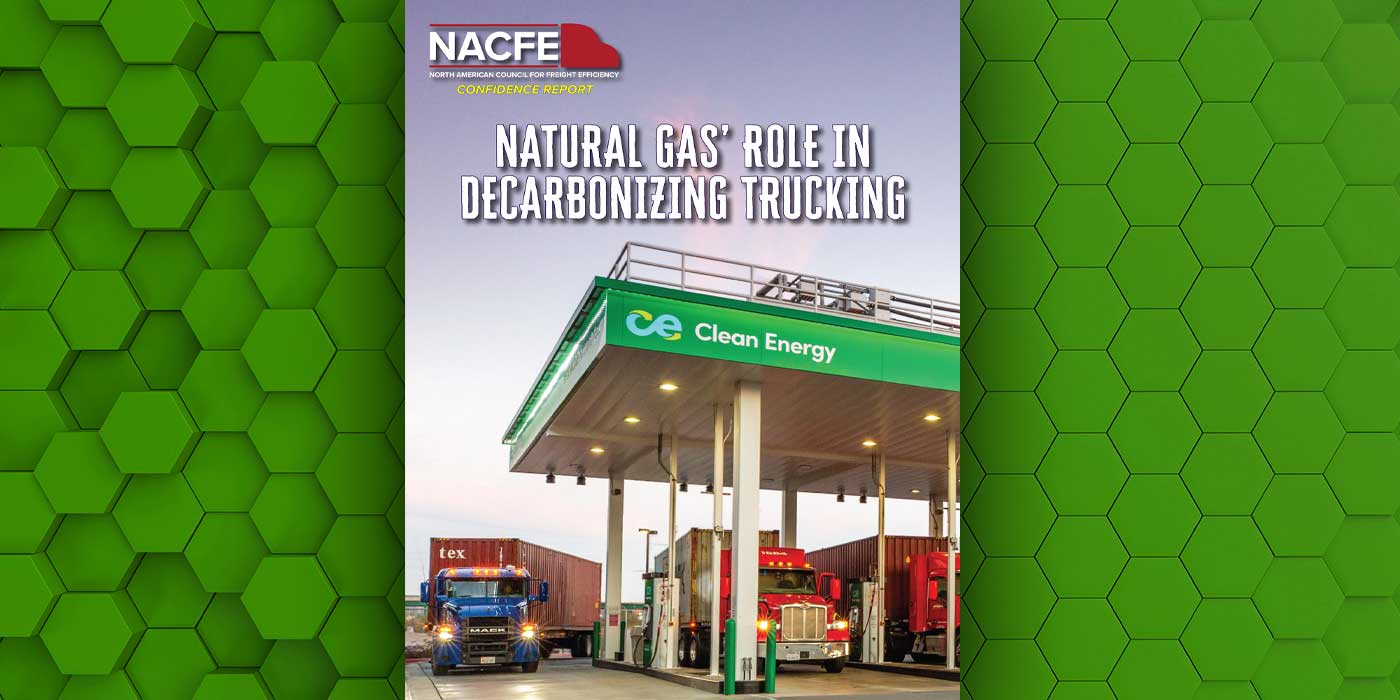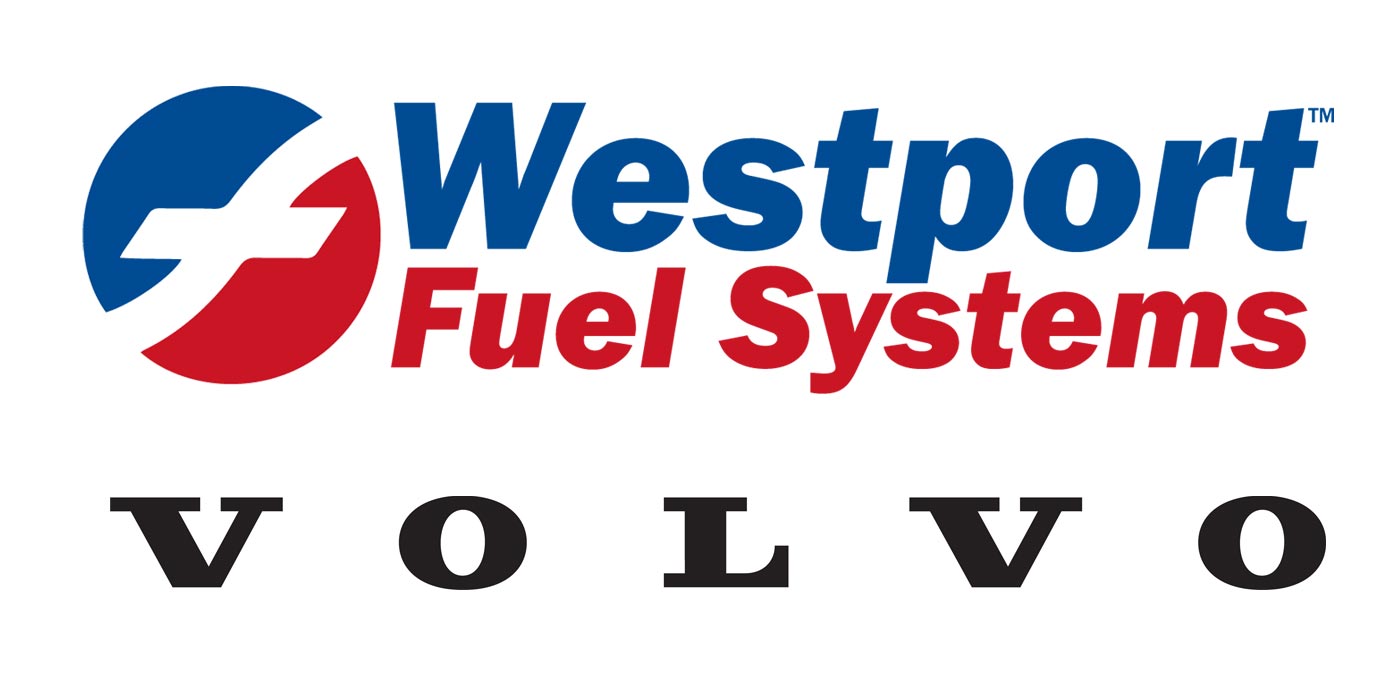Environmental stewardship is taken very seriously at Nestlé Waters North America. To reduce its carbon footprint, the third largest non-alcoholic beverage company by volume in the U.S. is working to continue improving its recycling rates across North America. There is also a strong and ongoing commitment at the company to water stewardship and responsible packaging.
Nestlé Waters North America is also working hard to minimize the environmental impact associated with its fleet and delivery operations. To reduce its environmental footprint and the direct impact of its vehicles, for example, the company is employing low emissions and alternative transportation approaches, and utilizing technology that optimizes routes for fuel efficiency.
To transport water to factories and products to customers across the country, Nestlé Waters North America operates a fleet of vehicles ranging from tanker trucks to mid-size delivery units. On delivery routes in particular, the company continues to make strides toward creating a more sustainable future through its use of alternative fuels. Recently, Nestlé Waters North America took a big step in that direction with the deployment of more than 400 additional medium-duty beverage delivery trucks fueled by propane autogas. The vehicles are used in its ReadyRefresh business unit fleet that delivers products to customers across the country. The recent purchase brings the number of alternatively fueled vehicles in the operation to nearly 600, or about 30% of its total North American ReadyRefresh fleet.
“Becoming a better steward of our environment is a priority for Nestlé Waters North America,” said Bill Ardis, national fleet manager for the ReadyRefresh business unit. “Beginning with Class 5 vehicles, we’ve been running propane autogas powered trucks since 2014. Based on the proven emissions reduction compared with our older diesel units, and lower fuel costs and total cost of ownership, we knew this was the right application for us within the alternative fuel space.
“With propane being domestically produced, it’s proven to have a more stable cost per gallon,” Ardis continued. “Additionally, the fueling and maintenance infrastructures for propane autogas are much more cost effective than other alternative fuel options, and the vehicles don’t compromise our standard delivery methods.”
Drivers at the Nestlé Waters North America ReadyRefresh operation are also reporting additional benefits of propane autogas powered vehicles, according to Robert Austin, director of supply chain for the business unit. Included are a quieter engine, powertrain performance equivalent to current diesel delivery vehicles, easy fueling and simple operation.
“Many of our drivers have provided positive feedback about the propane vehicles,” Austin said. “We are excited about this strategic endeavor that will ultimately drive awareness, efficiency and sustainability. Our new fleet will ensure that ReadyRefresh is poised to meet our consumer’s needs and the delivery of our brands while helping improve the environment.”
ReadyRefresh’s newest Ford F-650 and F-750 delivery trucks are each equipped with a propane autogas fuel system that provides 55 usable gallons of fuel. The vehicles’ Ford 6.8-liter V10 3V engines with a ROUSH CleanTech fuel system are certified to 0.05 grams per brake horsepower-hour for nitrogen oxide (NOx).
The engine is 75% cleaner than the current Environmental Protection Agency standard and 99% cleaner than diesel vehicles built before 2007, noted Todd Mouw, vice president of sales and marketing for Roush CleanTech. “ReadyRefresh’s trucks fueled by propane autogas reduce nitrogen oxide and particulate matter when compared to diesel models,” he added. Roush CleanTech, a division of Roush Enterprises, designs, engineers, manufactures and installs propane autogas fuel system technology for medium-duty Ford commercial vehicles, and is a Ford QVM-certified alternative fuel vehicle manufacturer.
Going forward, the company plans to continue to replace older delivery vehicles with propane autogas, and intends to reach its goal of operating 52% of its fleet on alternative fuels by 2019.

